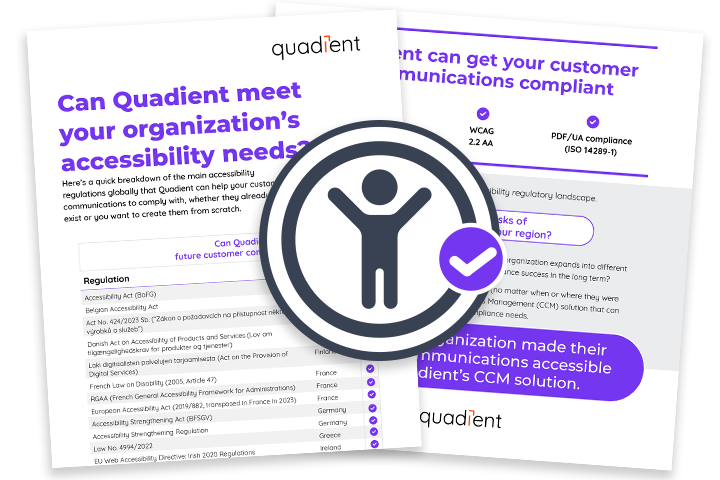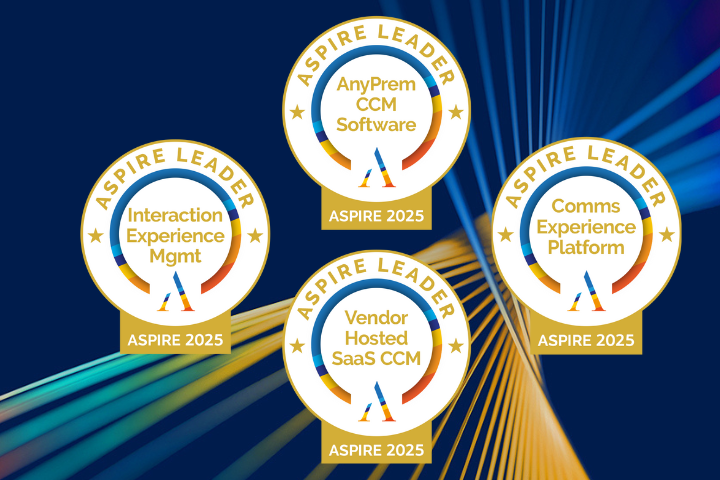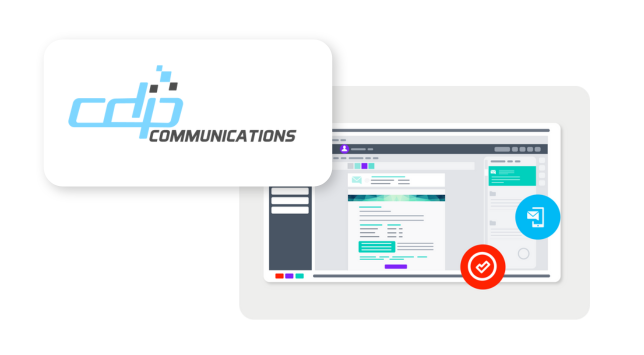
Accounts payable is one of the most important departments in any organization, responsible for reviewing and paying the invoices that are owed to vendors, as well as tracking and monitoring a company's outgoing cash and expenses.
Given the critical importance of this function, it's important that the duties and responsibilities of the accounts payable team are clearly defined so that employees can work efficiently and effectively.
Whether you're an AP specialist or a controller, here's what you should prioritize to deliver value in your role.
Download Now: 5 Trends Set to Define Accounts Payable in 2025

Download Your Free eBook
AP Specialist
What are the skills required for an AP specialist?
To be successful in the position of an AP specialist, there are several skills you should demonstrate.
Clear communication - You'll need to interact frequently with vendors on invoices, payment terms, and your company's service level agreements (SLAs). When you manage invoice approvals, you'll work closely with other departments and employees to execute the process.
Analytical skills - You'll need to understand and analyze the big-picture financial goals and obligations of your organization. This will involve studying financial reports, invoice due dates, and other financial data.
Effective collaboration - The ability to work successfully alongside teams such as purchasing and human resources will be essential to process invoices and expense submissions.
Relationship building and negotiation - You'll need to cultivate healthy relationships with vendors. This will ensure that your organization isn't left with liabilities on the books. The ability to negotiate favorable terms and manage the timing and flow of purchases are both vital.
Attention to detail - With duties like data entry being a routine task in accounts payable, it's important for you to be detail-oriented. A simple keystroke error can lead to overpayment and time lost digging through records to rectify the mistake.
Time management – This is key in any professional role, but it's particularly important when you're handling your business' finances. Ensuring approvals are managed efficiently and payments are submitted on time is an effective way to strengthen vendor relationships.
What are the responsibilities of an AP specialist?
As an AP specialist, you have a lot on your plate. The following are some of the key duties you will routinely manage.
Data entry - You'll often be required to input invoice data into financial systems. When this task is completed, you'll communicate with accounting on the invoices that they haven't received. Your accounting department will then accrue the expense until it has been invoiced.
Cash management – As an AP specialist, you're responsible for paying vendors at the appropriate time. This may be on the due date, or past the due date if possible — allowing cash to remain on the books longer.
Where vendors offer early payment discounts, you may choose to pay sooner. In this case, the discount must be enough to offset the financing costs of the cash (if applicable) or the opportunity cost that may be lost when the cash isn't committed to a revenue-generating activity. You can also choose to delay payments to the vendors that don't set late fees.
Research - With multiple parties involved in the AP process, it's not unusual for data discrepancies to occur. For instance, an invoice may arrive with missing or incorrect information. In that situation, it's your job to track down the correct information and fix the error before it causes further issues.
Reconciliation - To keep data clean and prevent mistakes from impacting cash flow, you'll be required to regularly reconcile the company's accounts payable. This involves comparing two or more sets of financial records and ensuring that they match.
What is the career path for an AP specialist?
The potential for you to advance as an AP specialist will depend on the size of your organization. For larger companies, it may be possible to move to a managerial role. However, the typical career transitions would likely provide the opportunity to move into accounting as a Staff Accountant. From there, you can progress to the level of Senior Accountant and then Manager subsequently.
Job description for an AP specialist
Companies looking to hire an AP specialist can use the following description of requirements in their job listing:
"Experience processing, inputting, and reviewing invoices. Analyzing monthly activity and questioning department heads on invoices received. Able to communicate with all levels of the organization for approvals and review."
What is the average accounts payable specialist's salary?
The exact amount will vary based on your experience and education, but a typical accounts payable specialist will make between $15 and $25 per hour. A study by the Bureau of Labor Statistics found that the average annual salary for an AP specialist is $49,286.
Controller
What is a controller and what do they do?
Controller is the title used for the most senior financial position in charge of day-to-day operations in accounting, including corporate accounting, managerial accounting, and finance. Typically, as a company's controller, you would have one or several managers reporting to you and would answer to the company's VP of Finance or the Chief Financial Officer.
What are the skills required to be a controller?
Here are some of the most important skills for a financial controller.
Detail-oriented – When managing the day-to-day financial operations of the company, it's essential that you are detail-oriented, as errors can cause financial problems for your business. Small errors in record keeping can result in your organization being in violation of accounting standards and laws. And a discrepancy in numbers can result in inaccurate forecasting, which then impacts your company's ability to accurately plan future investments or meet its financial obligations.
Business strategy – The ability to analyze costs, allocate resources, and make financial plans are all a vital part of your role. You'll need to be able to identify trends, flag potential risks, and provide recommendations for the financial planning process.
Leadership skills – You'll likely have multiple managers reporting to you, so it's important to be a clear communicator with the ability to motivate your team. As the controller is the voice of finance for the company, you'll regularly interact with the leadership of other departments on budgets, and you'll need to communicate financial information simply and effectively.
Technology skills – A working knowledge of software such as ERP and data management is key. As technology rapidly changes, you'll need the ability to keep up with advancing technology such as automation and AI.
What are the duties of a controller?
The typical duties of a financial controller include the following.
Cash flow management – This includes cash forecasting needs and making upper management aware of cash flow deficiencies.
Audit Liaison – You'll meet with external audit staff, listen to their findings, implement recommended changes to reporting, and communicate the findings of audits to management.
Budget preparation – This will include sharing financial data such as historical spending across a variety of general level coding with other members of the company.
Ensure compliance – You'll need to understand external reporting requirements and ensure your organization has the resources available to meet those requirements. Accounting and financial regulations frequently change, and it's the controller's job to keep up with these changes and clearly communicate them to colleagues.
Identify cost savings – This involves identifying operational inefficiencies, analyzing how best to utilize staff, and understanding what resources your financial team needs.
Job Description for a controller
An organization looking for a financial controller could use the following job description.
"Seeking a candidate with experience as an accountant, preferably in a senior role. As a strong communicator and skilled financial analyst, you will be responsible for streamlining our budgeting, payroll, and financial reporting processes. You will also be required to produce thorough financial-status reports for senior managers to help improve our operational efficiency and aid in our continued growth."
What is the average controller's salary?
The typical salary for a controller will vary with the size and location of the company. A controller at a small company can expect to make at least $85K per year and for a large organization, this could increase to as much as $200K annually.
Download Now: 5 Trends Set to Define Accounts Payable in 2025
Quadient AP provides your AP team with the tools they need to strategically and responsibly manage your workflows. Book a demo with us today to see how Quadient AP can elevate and automate your team.








